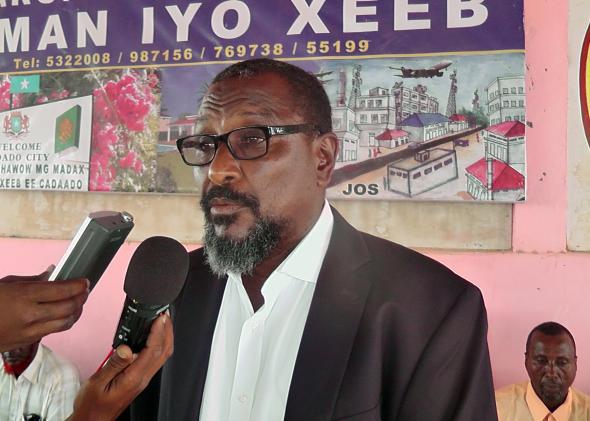Admittedly, it’s a really fun story. Belgian police said this week that they lured a notorious Somali pirate leader to Brussels by telling him they wanted to feature him in a movie. Mohamed Abdi Hassan, known as “Afweyne,” or “Big Mouth,” is facing charges related to the 2009 capture of a Belgian ship:
Afweyne was asked to collaborate as an advisor and expert on a film project on maritime piracy. The film was supposed to reflect his life as a pirate.”
But when Afweyne and Tiiceey landed on Saturday morning to sign the movie contract, “they were awaited and taken into custody,” the prosecutor said.
The story made the Internet rounds yesterday, with comparisons made to the plot of Argo. But while the scheme was ingenious, it seems profoundly irresponsible to me.
Somalia was the world’s second-most-dangerous country for reporters, after Syria, last year, with 12 killed, according to the Committee to Protect Journalists. Foreign correspondents, such as Amanda Lindhout, who told the story of her 15 months of captivity in the New York Times Magazine this year, also face serious risks. It’s also hardly uncommon around the world for foreign reporters to be accused of spying. Anything that confirms that impression will make it harder for reporters to gather information in a vitally important region.
“It’s a very common perception that journalists are spies,” CPJ Executive Director Joel Simon told me today. “International journalists operating in Somalia are incredibly vulnerable. There have been kidnappings and ransom demands. Any action that fuels that perception potentially makes that incredibly risky work even more risky.”
Simon noted that it’s relatively rare for police to pose as journalists, though it has occurred, including in the United States.
The crimes Afweyne is accused of are undoubtedly serious, and if he’s guilty, it’s good that he’ll be brought to justice. But as with the fake vaccination campaign the CIA used to gather information on Osama bin Laden’s compound, which has led to an increase in attacks against health workers in Pakistan as well as hampered the global effort to fight polio, authorities should consider the collateral damage involved in these types of operations, particularly in the world’s most dangerous countries.
